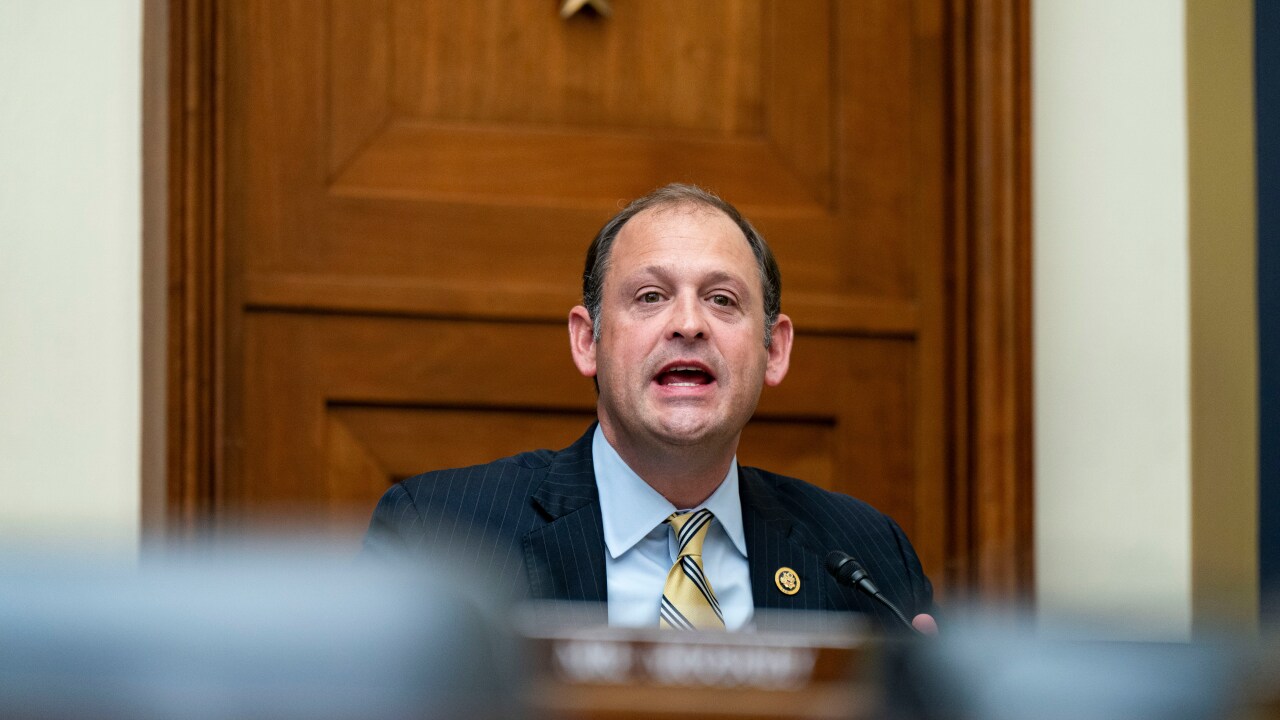SACRAMENTO - If California's constitution and budget system are to be reformed, the time to do it is now, when the state's series of budget crises make its problems clear to everyone, a state budget expert told senators this week at a hearing called to discuss constitutional reform.
Fred Silva is currently senior fiscal policy adviser to the pro-reform group California Forward, but he based his advice on his experience serving the 1990s-era California Constitution Revision Commission.
The commission was created in the wake of a series of state budget crises at the beginnings of the 1990s, Silva told Tuesday's joint informational hearing of the Senate Committee on Elections, Reapportionment, and Constitutional Amendments and the Senate Select Committee on Constitutional Reform.
The revision commission set up shop in 1993, and spent three years coming up with 36 recommendations to revise the constitution.
The problem, Silva said, is that by 1996 the economy had recovered, the budget was better, and there was no sense of crisis that needed addressing.
"The briefings were done in this very room," Silva said. "Your counterparts looked over the dais and said, 'Why are we doing this?'"
The key lesson was: "You've got to deal with the crisis during the crisis," said Silva, who spent two decades working for the Legislature as a fiscal expert. "Don't expect to deal with the problems afterward."
And don't underestimate the difficulty of changing the system, he added, no matter how broken it appears.
"At root, there is no constituency for change," he said. "You have to develop a constituency for change or it isn't going to happen."
In the last year, lawmakers on three separate occasions have spent weeks of tortured debate and negotiations to solve gaping budget deficits fueled by the recession, and a cash crunch has forced the state to pay many vendors and creditors with IOUs since July.
That alone should demonstrate the need for change, said Jim Wunderman, president of the Bay Area Council, which has been leading the drive for a constitutional convention.
"If ever there was a time when we have to commit to change the order of things, the time is here," he said.
"Over the last 15 years an increasing number of people and organizations have made thoughtful recommendations - and they have been given increased urgency by last year's unending budget stalemate," said Sen. Loni Hancock, D-Berkeley, chair of the standing elections committee.
If lawmakers want to tackle the issues promptly, they need to act before the current year's session closes Sept. 11 to meet ballot deadlines for next year's June and November elections, said Hancock spokesman Larry Levin.
One of the fundamental questions is whether the state should retain the two-thirds vote requirements, either to adopt a budget, raise taxes, or both.
California Forward, the prominent bipartisan reform effort, tried to split the difference, recommending that budgets be adopted on a majority but keeping the supermajority for taxes. But other activists told the committee the supermajority requirement should be thrown out completely.
"The minority is given unreasonable power and put in an unreasonable position," testified Trudy Schaefer, senior director of the League of Women Voters of California.
There is a growing desire among lawmakers to change the system, Levin said, though whether they can actually compromise on reform is unknown.
"I've never heard as much consciousness about what the public perceptions of legislators is as I have in the last few weeks," he said. "Whether that translates into reality, with partisanship and the Republican anti-tax people not wanting to change things, or whether the governor wants to get on board, I just don't know."





